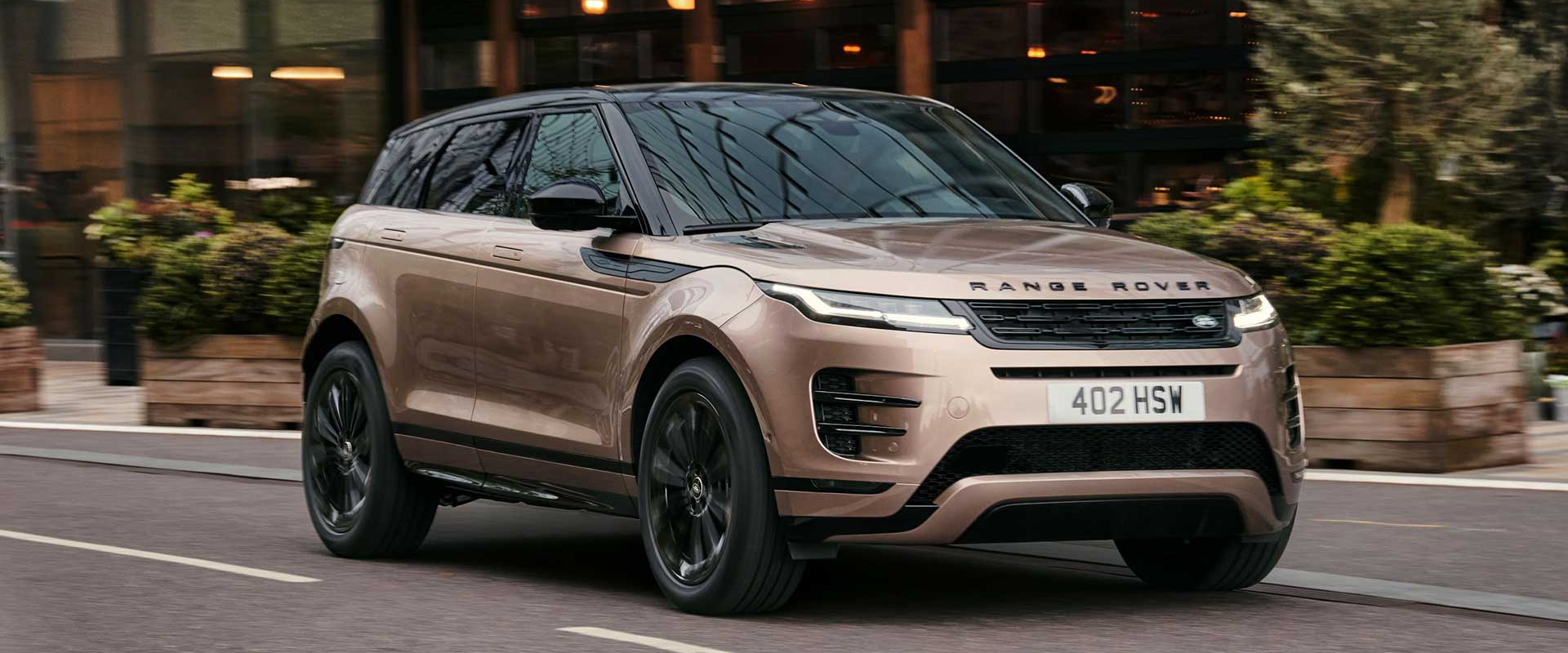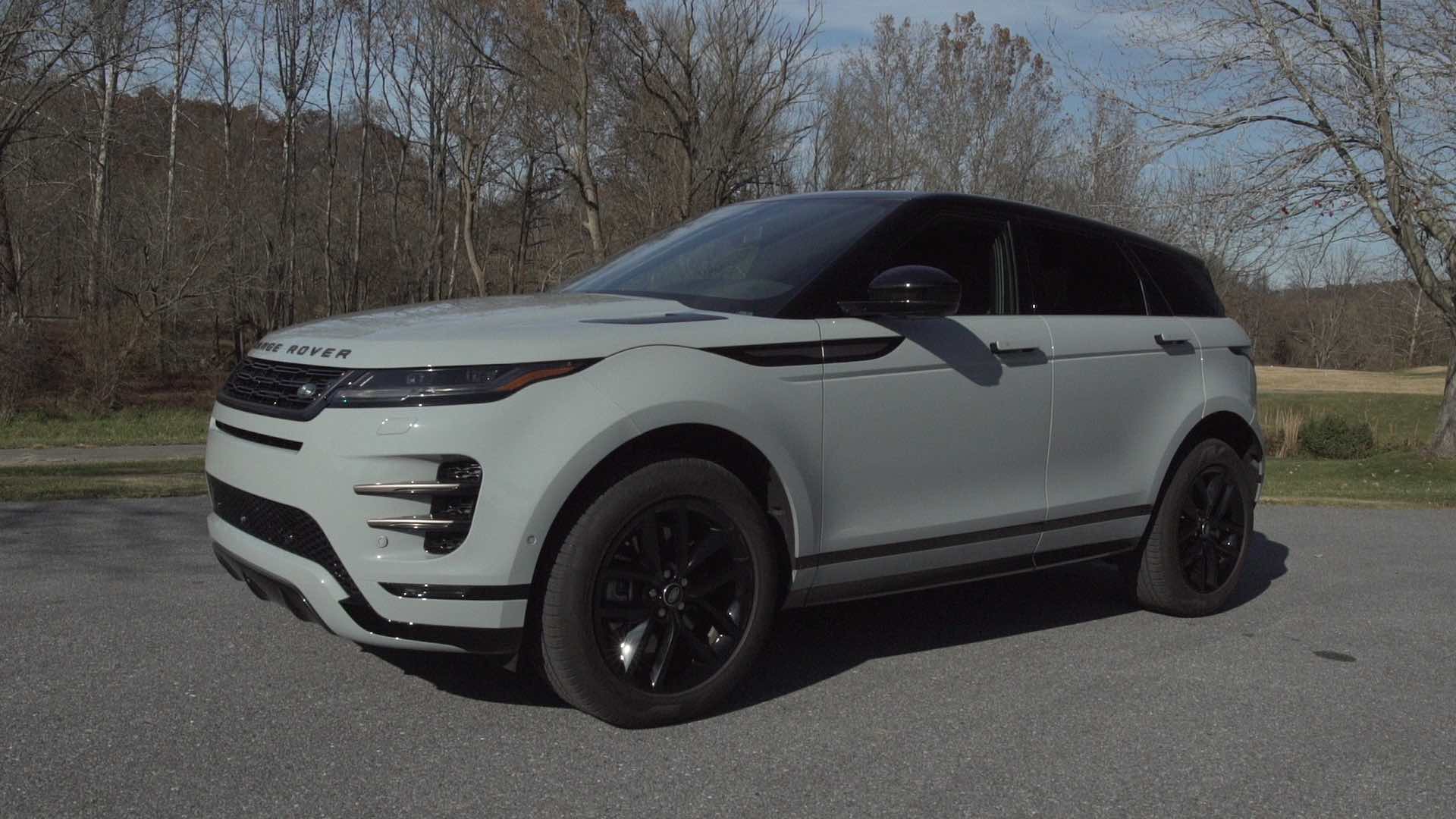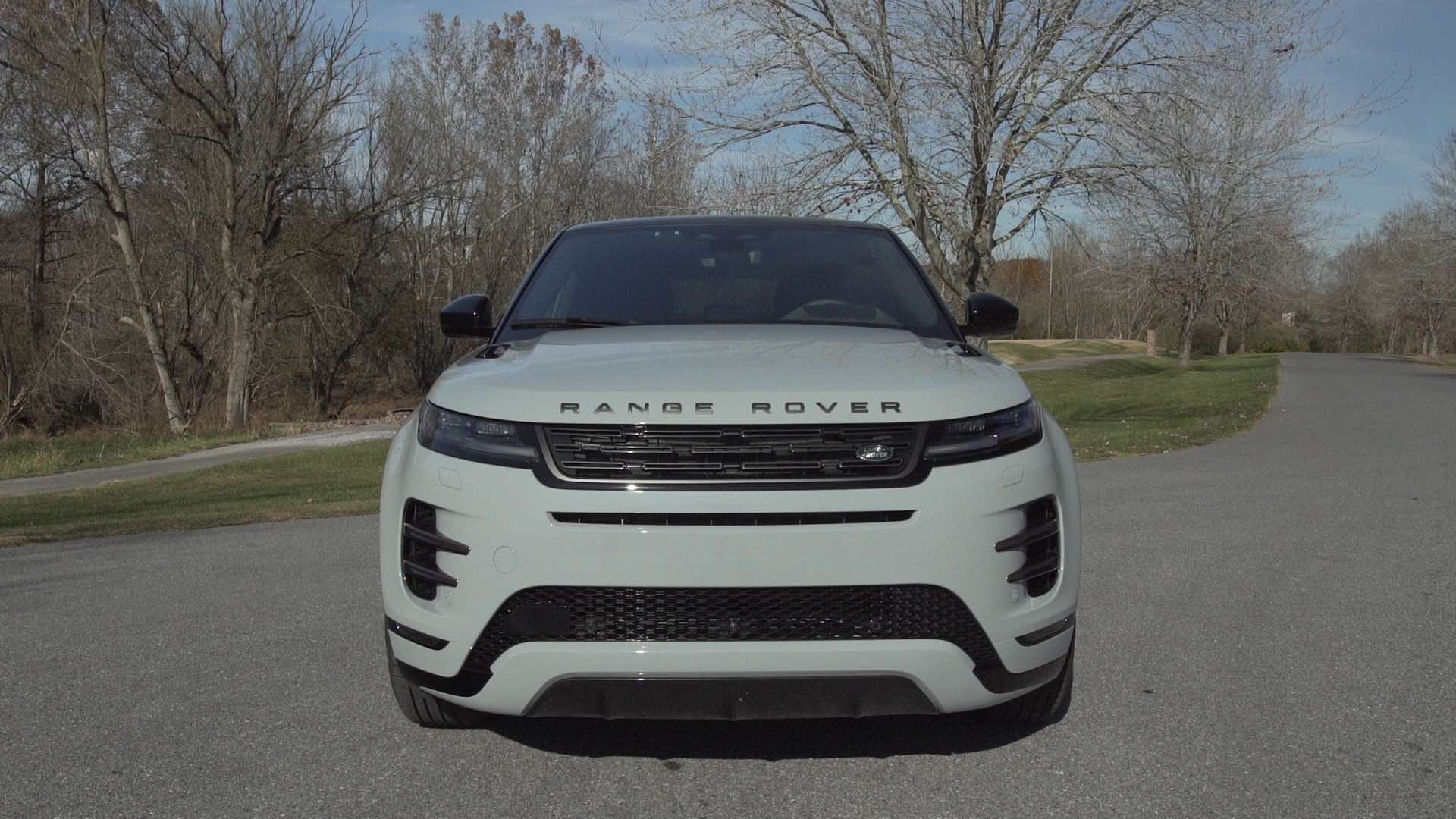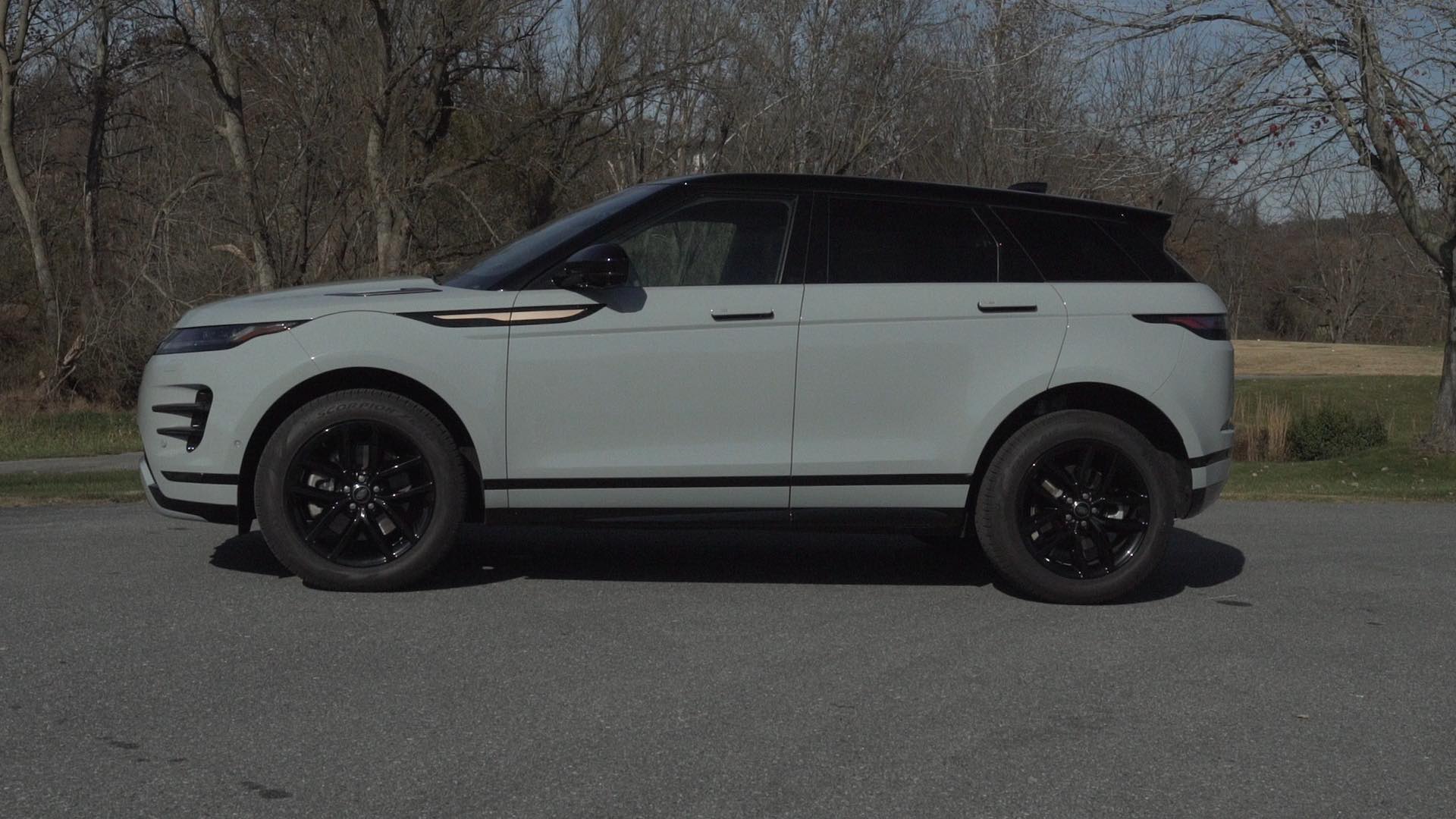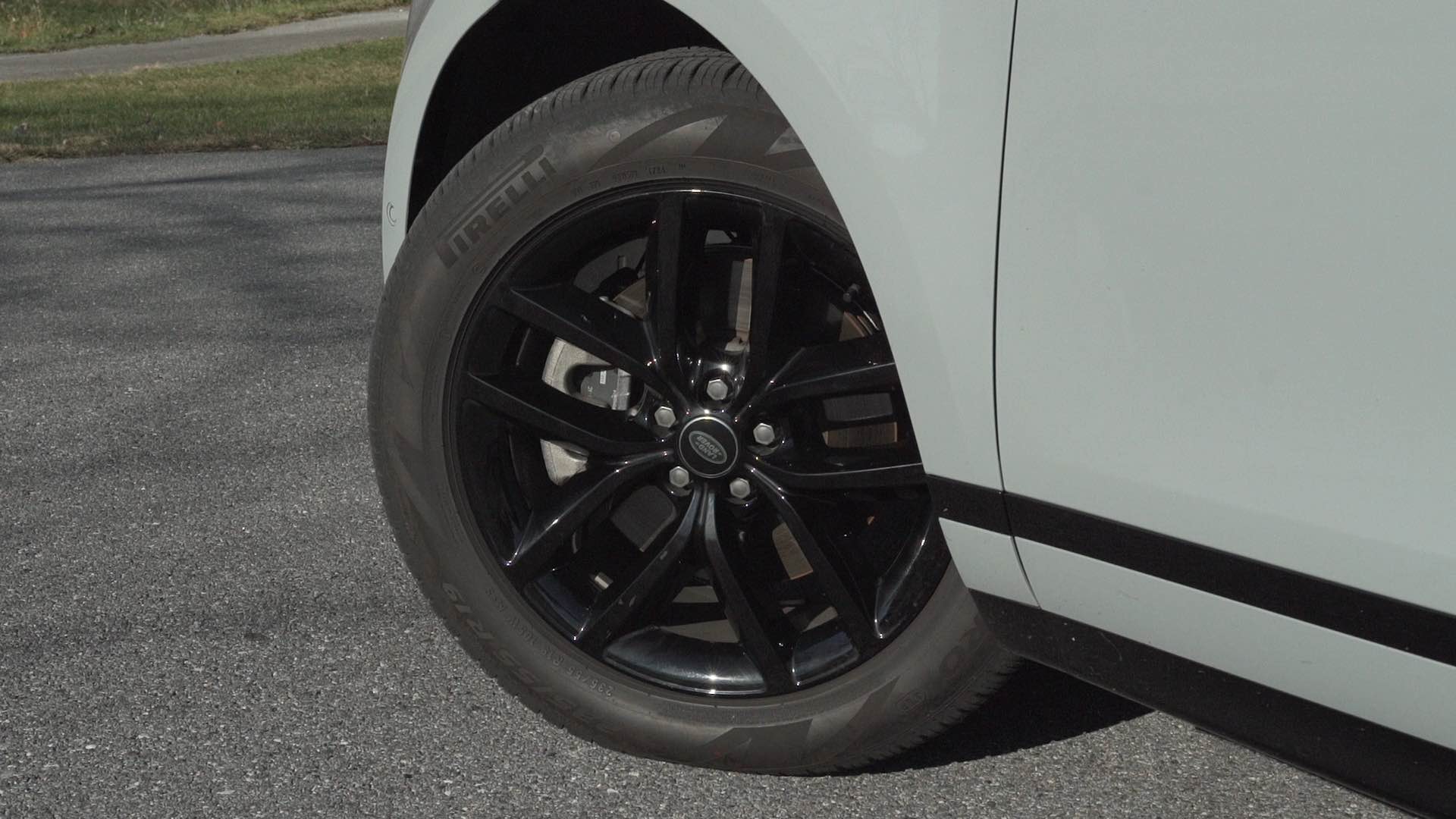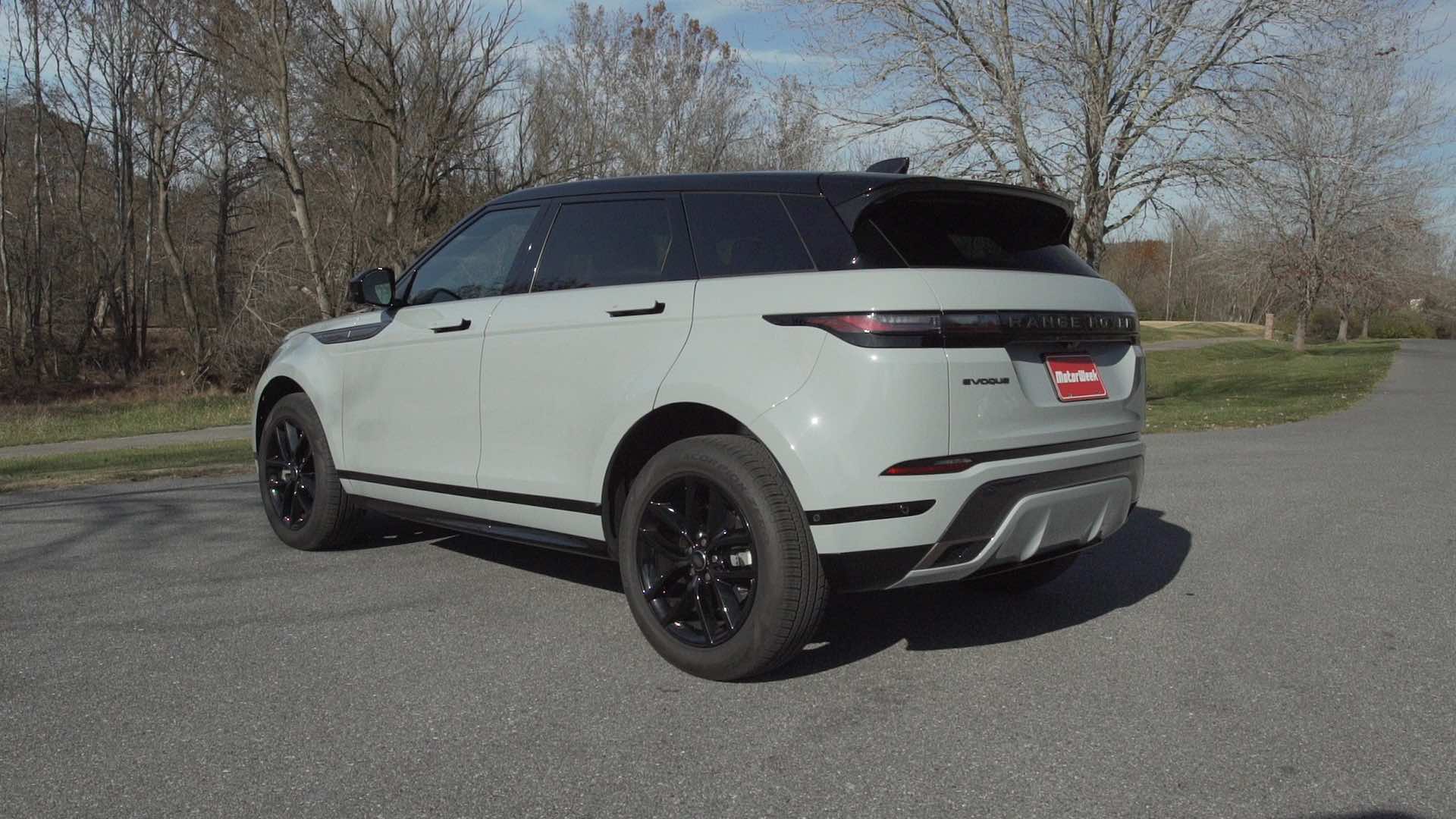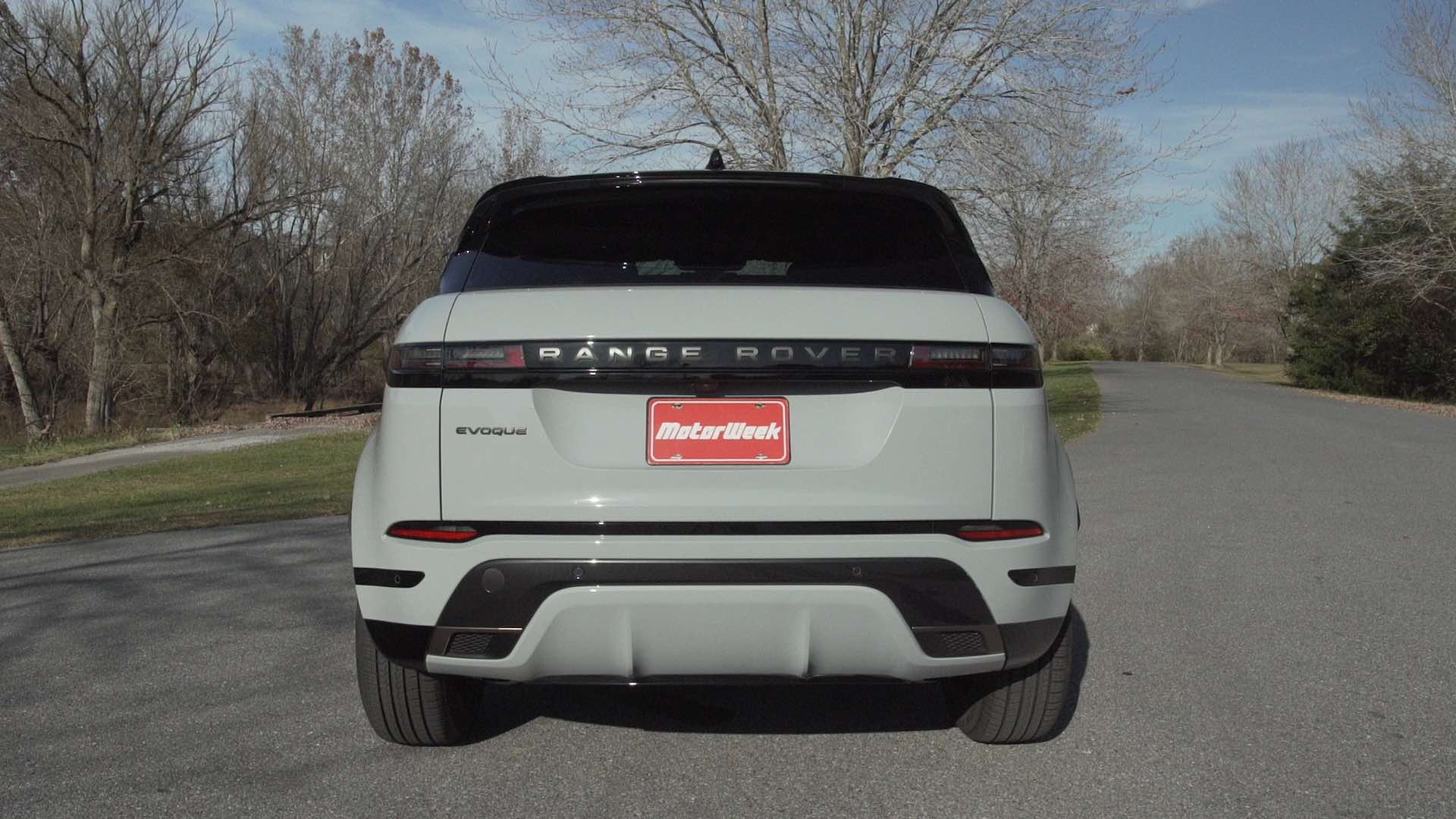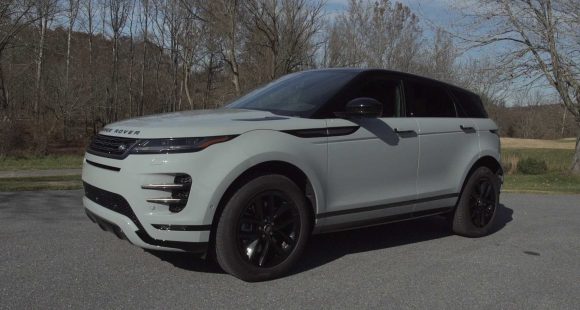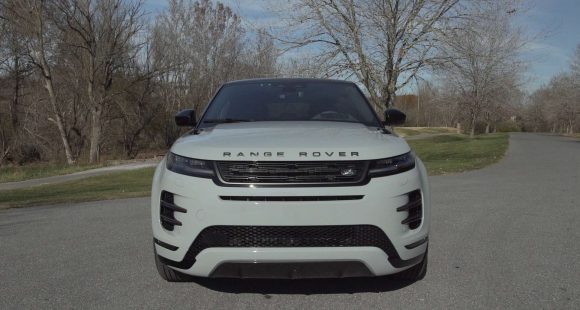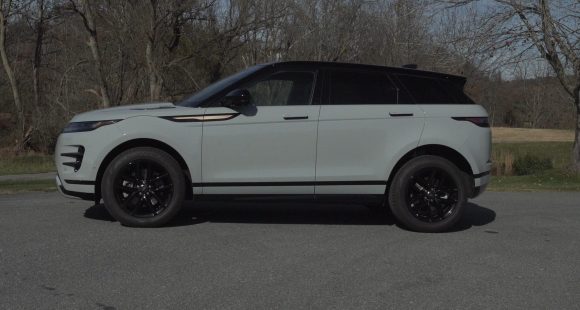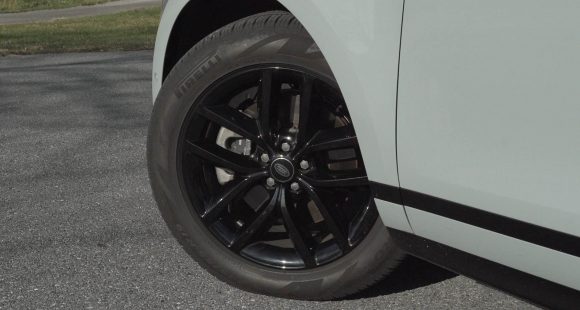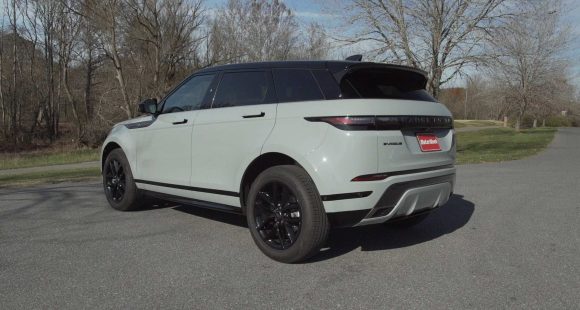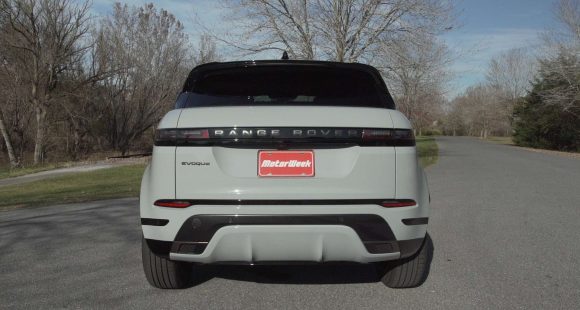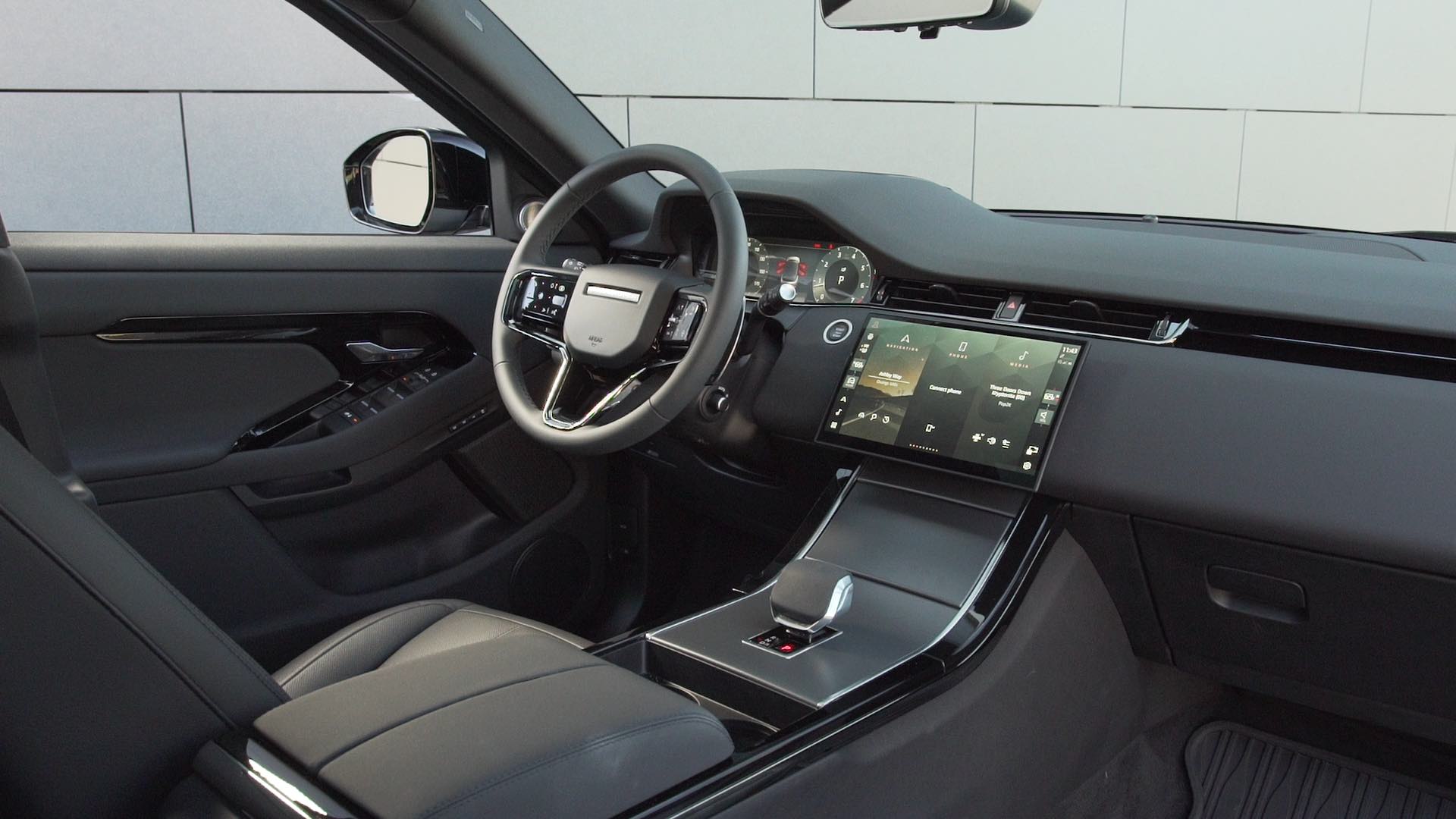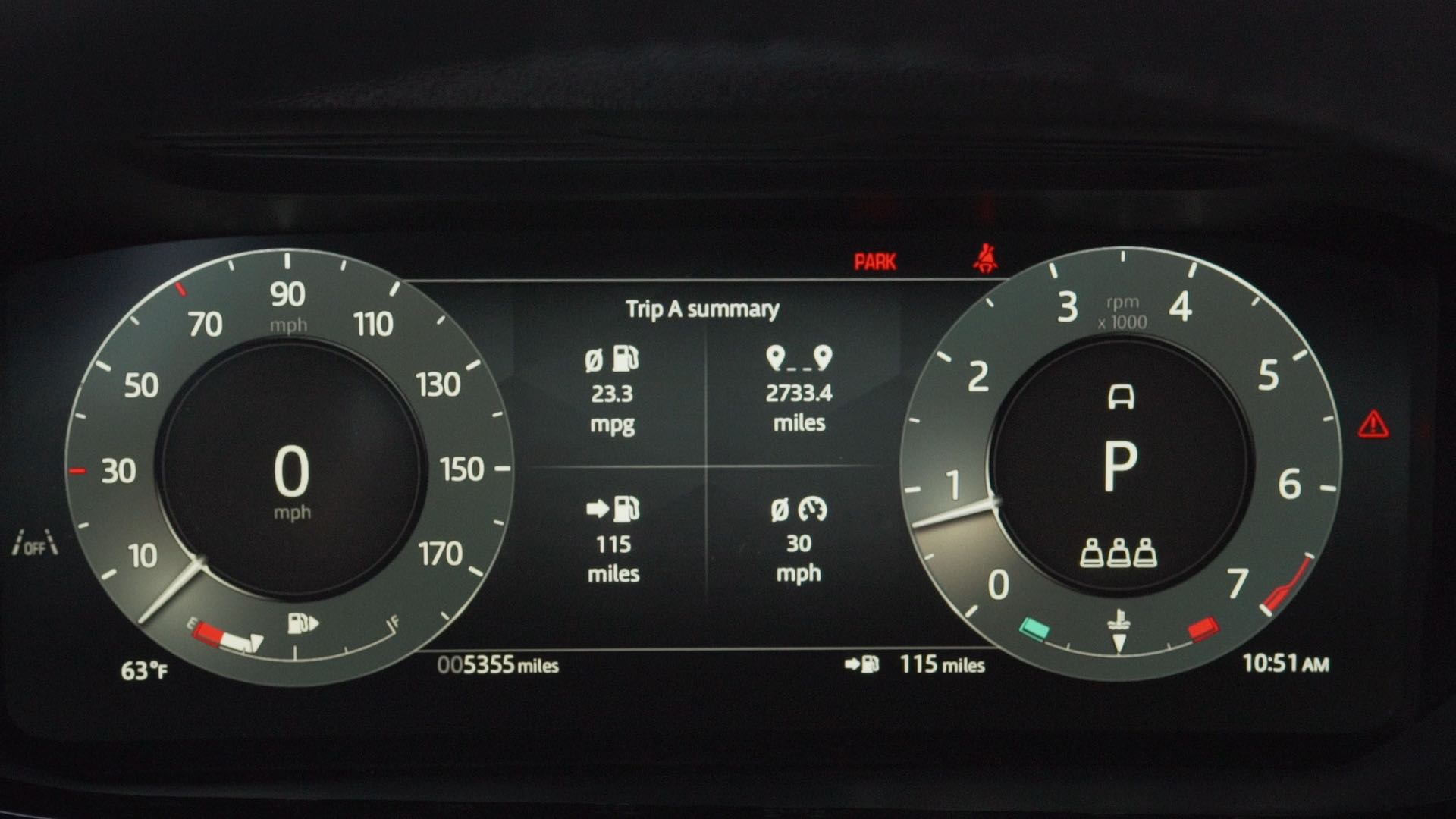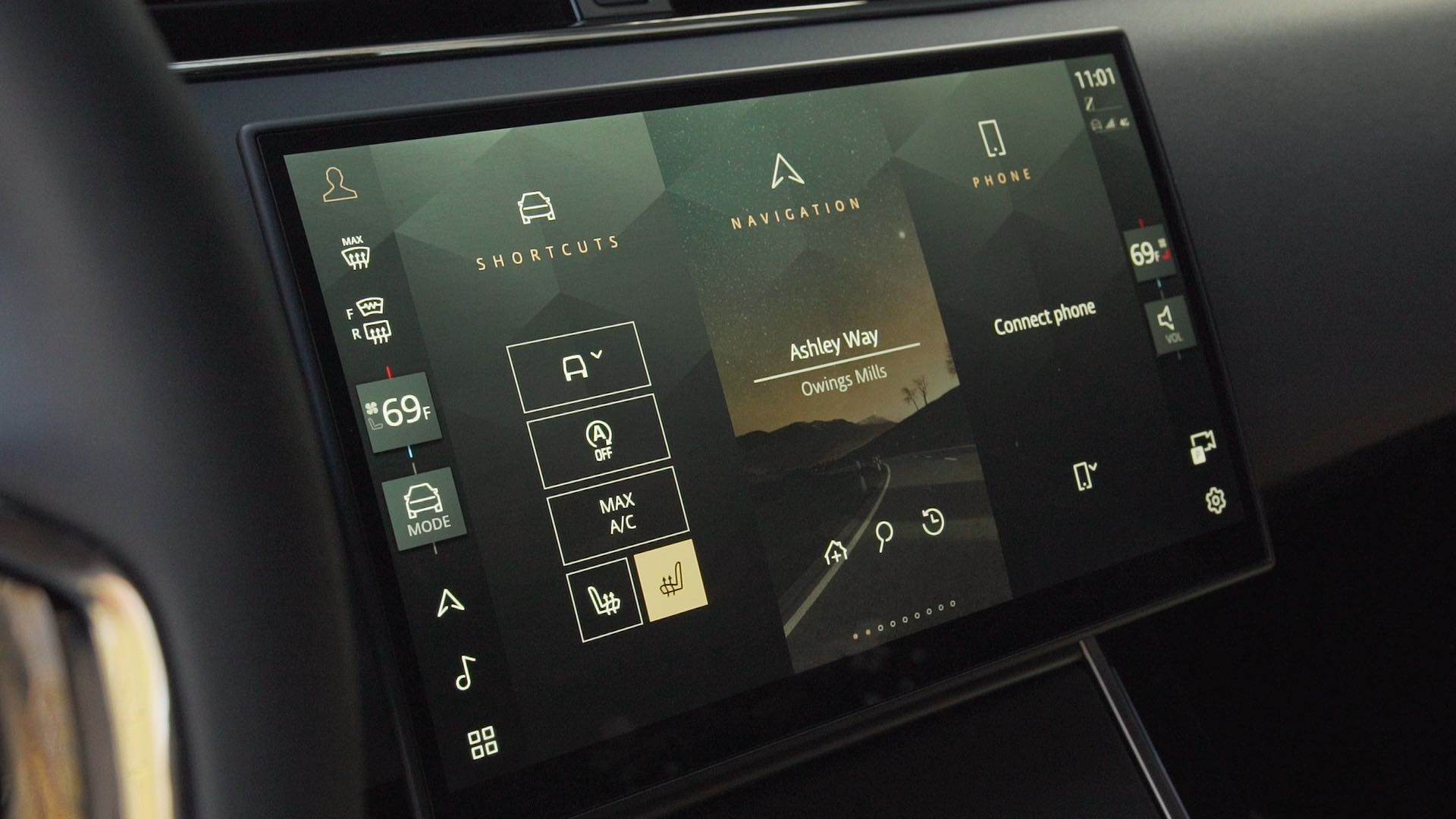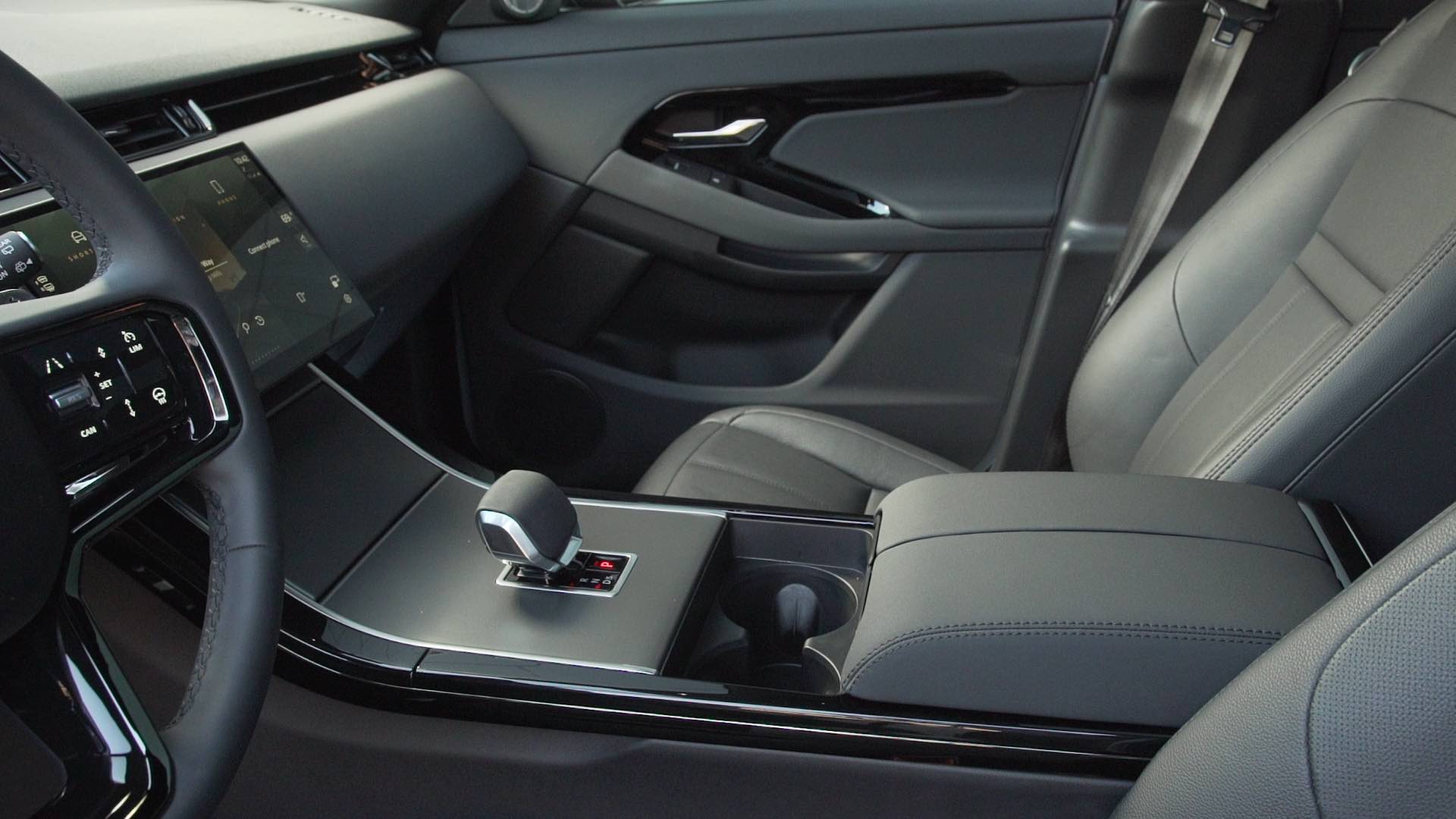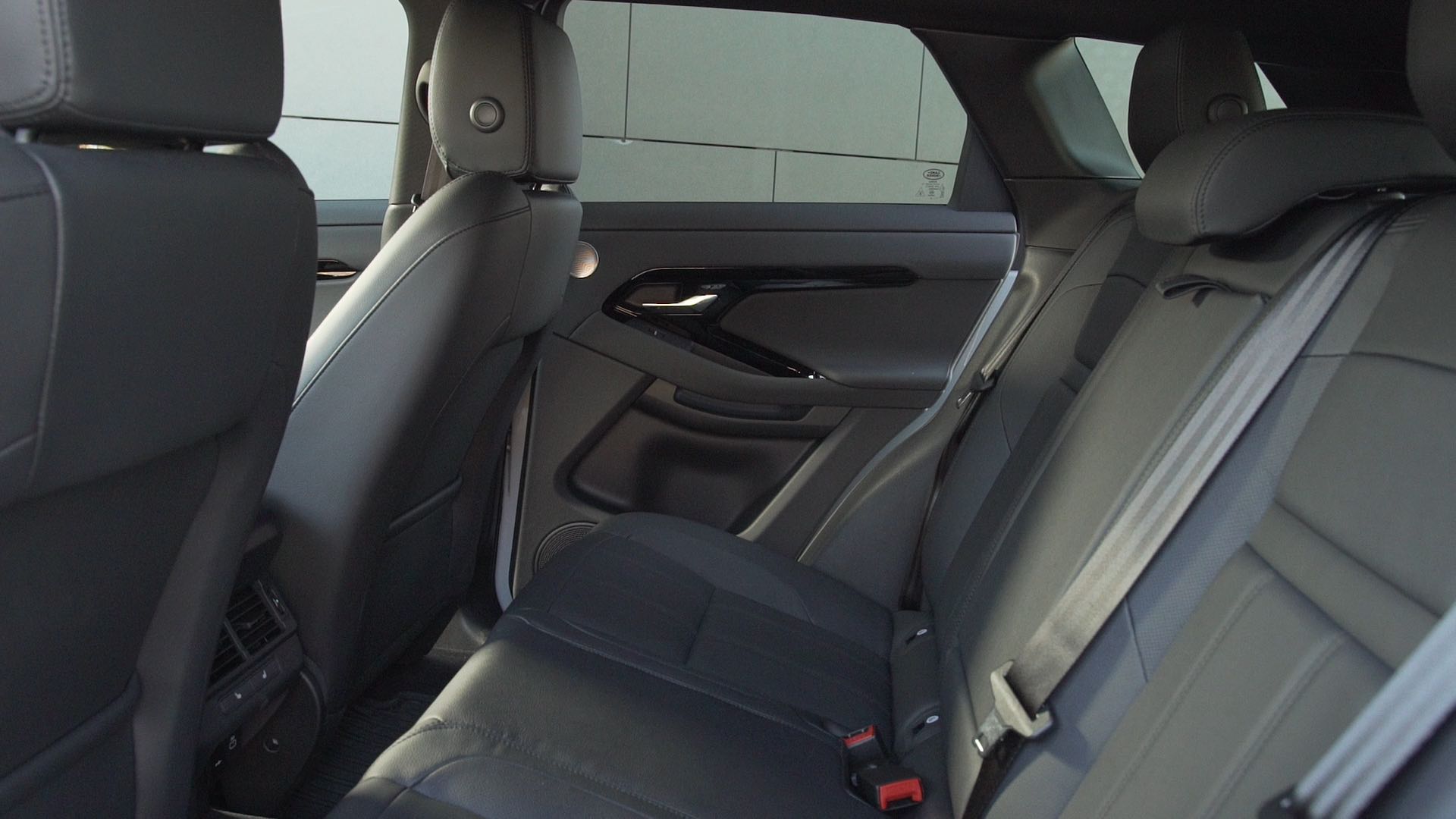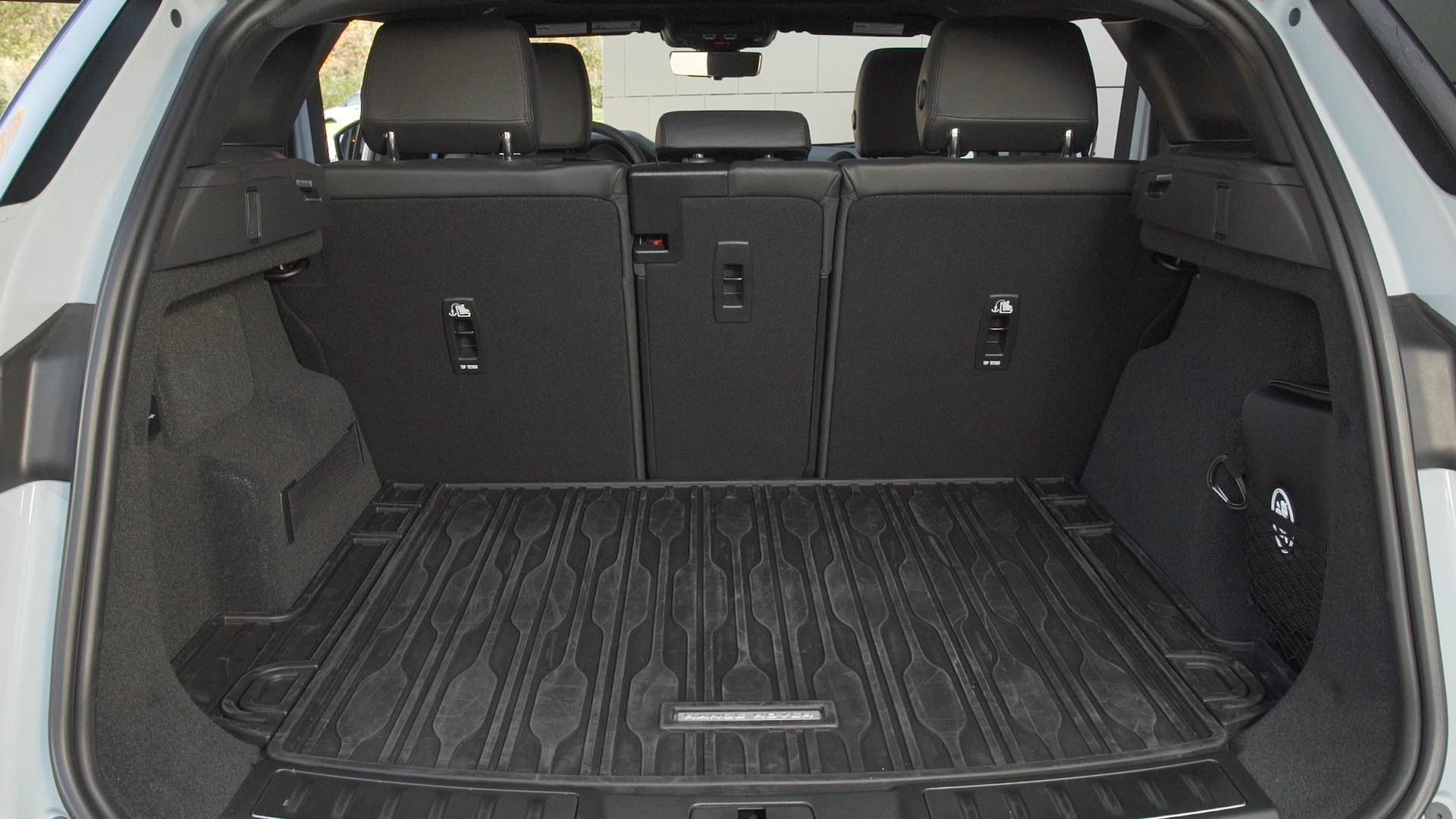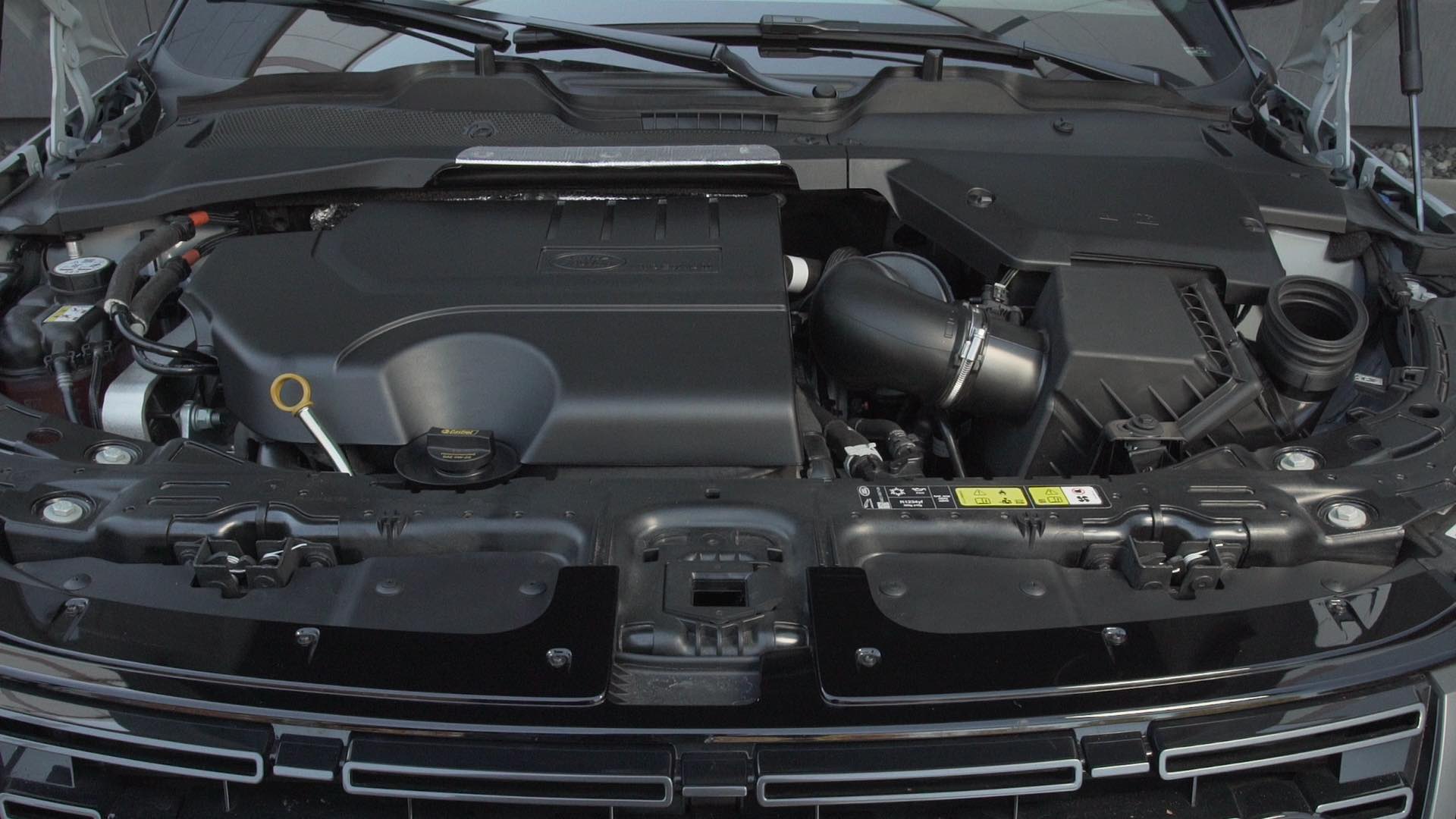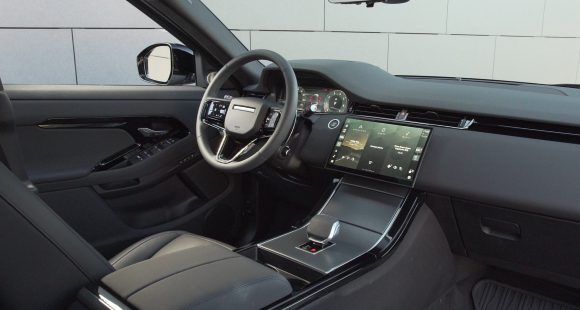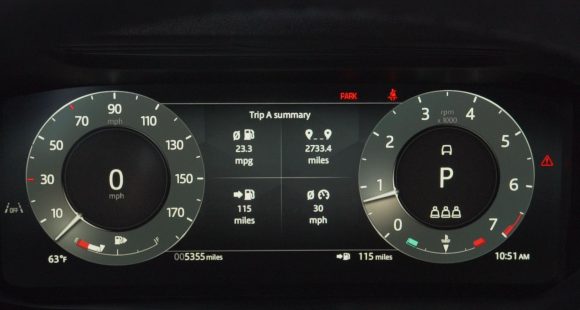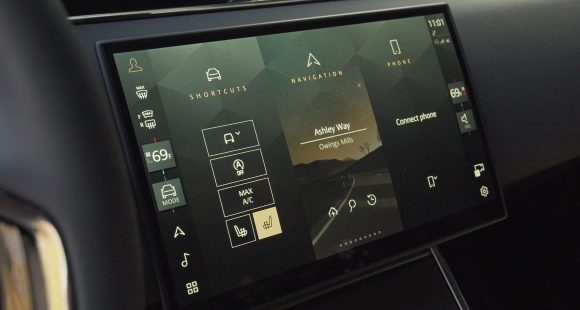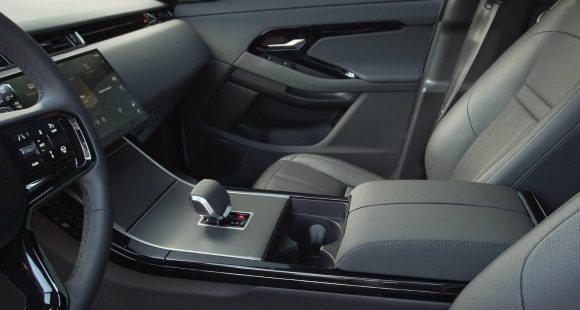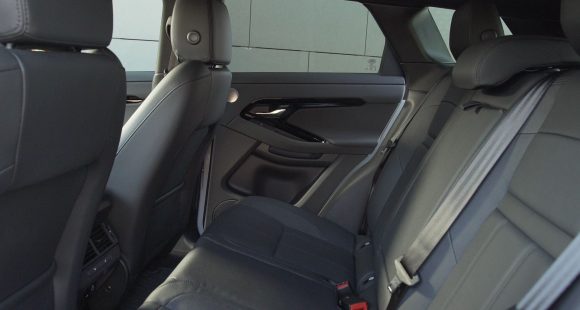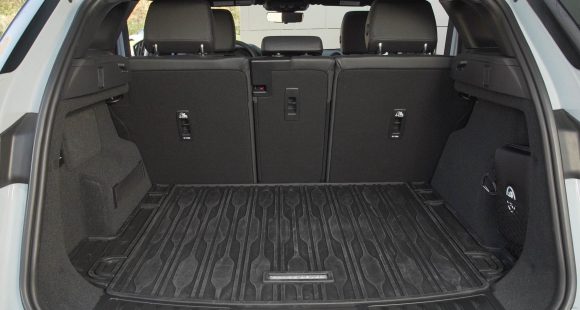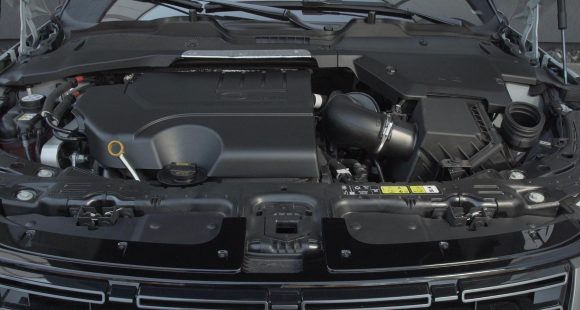2010 Hyundai Genesis Coupe
By now everyone that is into cars has heard the accolades heaped upon the Hyundai Genesis. We even picked this stylish sedan as our “best luxury car” of the year. But, is Genesis really a new beginning for a more upscale Hyundai? Well that’s where the new Genesis Coupe has to prove itself. So, let’s see if Genesis can evolve into a full carline, and not be just a one hit wonder.
It’s true that the Genesis Sedan and the new, 2010 Hyundai Genesis Coupe share the same nameplate, the same basic rear-wheel drive architecture, and a bit of overlap in powertrains. But beyond that, they struck us as two very different cars.
The plush four-door Sedan competes with the likes of the BMW 5-Series and Lexus GS. But, the two-door Coupe is more a Korean counter to Detroit’s muscle stalwarts, Camaro and Mustang, with an eye on the G37 Infiniti Coupe.
In terms of form, the Genesis Coupe takes on a truly low slung but aggressive look. Like the Tiburon before it, its proportions, racked stance, exaggerated haunches, and powerful curves, are right out of the contemporary Japanese sports car textbook.
Glaring Xenon HID headlamps spearhead the coupe’s short, bulldog snout, and its fast profile wears a flowing beltline contrasted by a jagged “Z” character lines.
18- or 19-inch alloys, a stubby rear deck, bright exhaust tips, and available spoiler, punctuate the performance look.
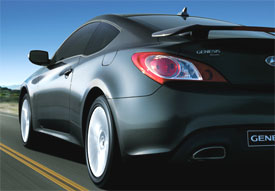 And to put substance to that look, the Genesis Coupe sports either a nicely exposed 2.0-liter turbocharged four, good for 210 horsepower and 223 pound-feet of torque; or the sedan’s 3.8-liter V6, with 306 horses and 266 pound feet of torque. There is no V8.
And to put substance to that look, the Genesis Coupe sports either a nicely exposed 2.0-liter turbocharged four, good for 210 horsepower and 223 pound-feet of torque; or the sedan’s 3.8-liter V6, with 306 horses and 266 pound feet of torque. There is no V8.
With 6-speed manuals standard, the I4 can be tied to a 5-speed automatic, while the V6 auto is a 6-speed. Both autos with steering wheel paddle shifters.
Flicking them for all their worth, our 3.8-liter V6 jumped sharply from 0 to 60 in 6.1 seconds and finished the 1/4 mile in 14.4 seconds at 100 miles per hour. Torque at launch was exceptional, building steadily with no dead spots. Gear changes were fairly quick and very smooth, though the steering wheel shifters felt cheap and hokey. Overall, however, the V6 Genesis Coupe is swift and entertaining in the straight line.
For turns, our Grand Touring Coupe has the standard sport-tuned suspension; braced MacPherson struts up front, and a five-link design in the rear. Electronic Stability and Traction Control come standard.
Through the cones, the coupe felt smaller and lighter than its 3400 pound weight would indicate. Grippy tires and a planted chassis give this car a ton of agility, and there’s virtually no body roll. The Coupe is quick to turn with just a mild touch of understeer. And when pushed hard, it remains both nimble and very well-balanced. Yes, it’s fun.
But, as to ride quality, our GT felt more sporty than premium. You know every bump in the road. Track models don even stiffer springs and shocks that might make it tiring as a daily driver.
All Coupes come with ABS disc brakes with Brake Assist 4-piston Brembos on Track models. With standard brakes, stops were straight, stable, and smooth, averaging a decent 130 feet from 60 to 0.
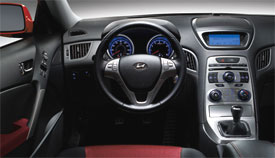 Inside, the Genesis Coupe is also visibly a different venue than the Sedan. The stylishly cockpit says serious sport coupe. In fact the tight gauge cluster would be at home on many an exotic.
Inside, the Genesis Coupe is also visibly a different venue than the Sedan. The stylishly cockpit says serious sport coupe. In fact the tight gauge cluster would be at home on many an exotic.
But, materials and fit and finish, like in the Genesis Sedan, exceed even premium status. Mid-level Grand Touring trim includes leather on the well bolstered bucket seats, with heat and power adjust for the driver.
The three-spoke steering wheel makes for a nice grip, with controls for audio and cruise. There is also a standard information display, hands free Bluetooth, and an IPod interface, and to pump out those tunes, there’s an Infinity 10-speaker audio system.
The two-passenger rear seating area is relatively easy to access, and offers ample legroom. But the car’s plunging roof line takes headroom down to child size.
Best to fold the seat down to expand the small 10 cubic foot trunk. The trunk opening is also small, and very non-premium u-shaped hinges may give your luggage a crushing blow.
Government Fuel Economy ratings for our V6 automatic Coupe are 17 city/27 highway on Regular gas. We achieved 23.1 in real-world driving and were pretty pleased with it. The 2.0T does about 10% better.
The V6 Energy Impact Score is 16.3 barrels of oil per year, with a Carbon Footprint of 8.7 tons of CO2.
Staying true to Hyundai’s formula for affordability, prices are also closer to Camaro than G37. The 2.0T starts at $22,750, while the 3.8 starts at $25,750. Still, uplevel trims and options will easily take the coupe over the $30,000 mark. But, with such a spread, and great powertrain warranty, the Genesis Coupe should appeal to a much wider demographic than the Sedan.
So that’s the 2010 Hyundai Genesis Coupe. But, rather than adding to the prestige of the Genesis carline, it comes off as more of a mainstream Hyundai. Now, that doesn’t mean it’s not a terrific effort. It truly is, and more proof that Hyundai has evolved into a brand that no rival, import or domestic, can take for granted.
Specifications
- Engine: 3.8-Liter V6
- Horsepower: 306
- Torque: 266 Lb Feet
- 0-60 MPH: 6.1 Seconds
- 1/4 Mile: 14.4 Seconds @ 100 MPH
- 60-0 MPH: 130 Feet
- EPA: 17 MPG City/ 27 MPG Highway
- Mixed Loop: 23.1 MPG
- Energy Impact: 16.3 Barrels Oil/Yr
- CO2 Emissions: 8.7 Tons/Yr
2025 Land Rover Range Rover Evoque
Baby Rover Continues To Evolve
When most people hear “Range Rover” they tend to think of high class, high performance and high dollars. But, Range Rover does the entry-level thing quite well too with this Evoque. It has plenty of posh attitude, along with some recent updates. So, let’s see how the Evoque continues to evolved.
Our involvement with the Land Rover Range Rover Evoque’s evolution began when this small utility first arrived for 2012. It looked more Spice Girl than Tough Mudder, but it packed a surprising amount of capability into its subcompact dimensions. This second gen arrived for 2020, and has gained recent updates at the most likely midway point in its lifecycle.
Intrigued but not necessarily enthused could probably best describe our history with the Evoque, but Land Rover always has a way of drawing us in with very tasteful designs. They pretty much got this one right back in 2020, so styling revisions are largely limited to new Pixel LED headlights and a reshaped front fascia. There’s also new super-red signature lighting in back, all of it done to bring the Evoque more in line with the rest of the Range Rover family.
And like all of its siblings, all-wheel drive is standard and it does have Terrain Response 2 with specific off-road modes, but no one’s expecting to see a lot of Evoques out on the trail, unless there’s a new Lululemon Outlet at the other end of it having a killer sale.
Land Rover has once again taken the P300 296-horsepower version of the Evoque’s 2.0-liter turbo-four out of the lineup, leaving just the standard 249-horsepower version under the clamshell hood. No complaints from us, its 269 lb-ft of torque is more than adequate to move this 3,900 lb. ute around.
And at Mason Dixon Dragway, it moved us to 60 mph in 7.7 seconds. There was plenty of traction off the line, and while not overwhelming, power feels plentiful, staying very consistent down the track. Gearchanges in the Evoque’s nine-speed automatic transmission were quick and smooth, barely a blip in the process as we finished the quarter-mile in 16 seconds flat at 85 mph. Plenty quick for a compact utility with luxury intentions.
[It maneuvered] with a substantial presence that not too many small utilities have.
It felt quite good through our handling course too, with a substantial presence that not too many small utilities have. The Evoque uses selective braking to torque vector power between all four wheels, and it enabled us to cruise through the cones quickly without any excessive understeer or oversteer. There was some nosedive during our panic braking test, but the brakes were very responsive and strong enough to bring us to a halt in a short 115 feet from 60.
But, it’s the inside experience that really matters with any luxury vehicle, particularly in a Range Rover. And here things look more high-end Swedish than Tudor or Victorian, with a minimalist cabin design that’s way more visually appealing than practical. There’s real leather covering just about everything, and what appears to be just a tablet stuck in front of the dash is a new 11.4-inch touchscreen. Not only are the inner workings much faster than the previous infotainment setup, but the entire interface of this Pivi Pro system is vastly better than the split screen approach of before.
The center console that leads up to it appears much less cluttered and frees up some additional space for storage. The shifter is still here, but it has gotten much smaller. Front seat space and comfort remain high, though rear seat room is still very tight for adults. Cargo space is not bad for a small utility, with room for 21.6 cu-ft. of gear in the hold, which expands with 40/20/40 split-folding seatback flexibility to 50.5 cu-ft.
Government Fuel Economy Ratings are 20 City, 27 Highway, and 22 Combined. That’s an average Energy Impact Score, using 13.5 barrels of oil annually, with CO2 emissions of 6.6 tons.
Land Rover has been paring things down in the Evoque lineup for years, no longer offering a two-door version or the convertible, and now have simplified things even further to just the P250 available in only two trims: S, which stickers for $51,175, and Dynamic SE, which starts at $56,375; but you can add just about every package available and still come in right around $60,000.
Luxury-minded utility vehicles are coming at us from all angles these days, but the 2025 Land Rover Range Rover Evoque is a bit unique in that it remains as sort of a cheat code for sneaking you into the Range Rover VIP experience. You’ll feel like you’re getting away with something every time you drive it.
Specifications
As Tested
- Engine: 2.0-liter turbo-four
- Transmission: 9-speed automatic
- Horsepower: 249
- Torque: 269 lb-ft
- 0-60 mph: 7.7 seconds
- 1/4 Mile: 16 seconds at 85 mph
- Braking, 60-0 (avg): 115 feet
- EPA: 20 City | 27 Highway | 22 Combined








